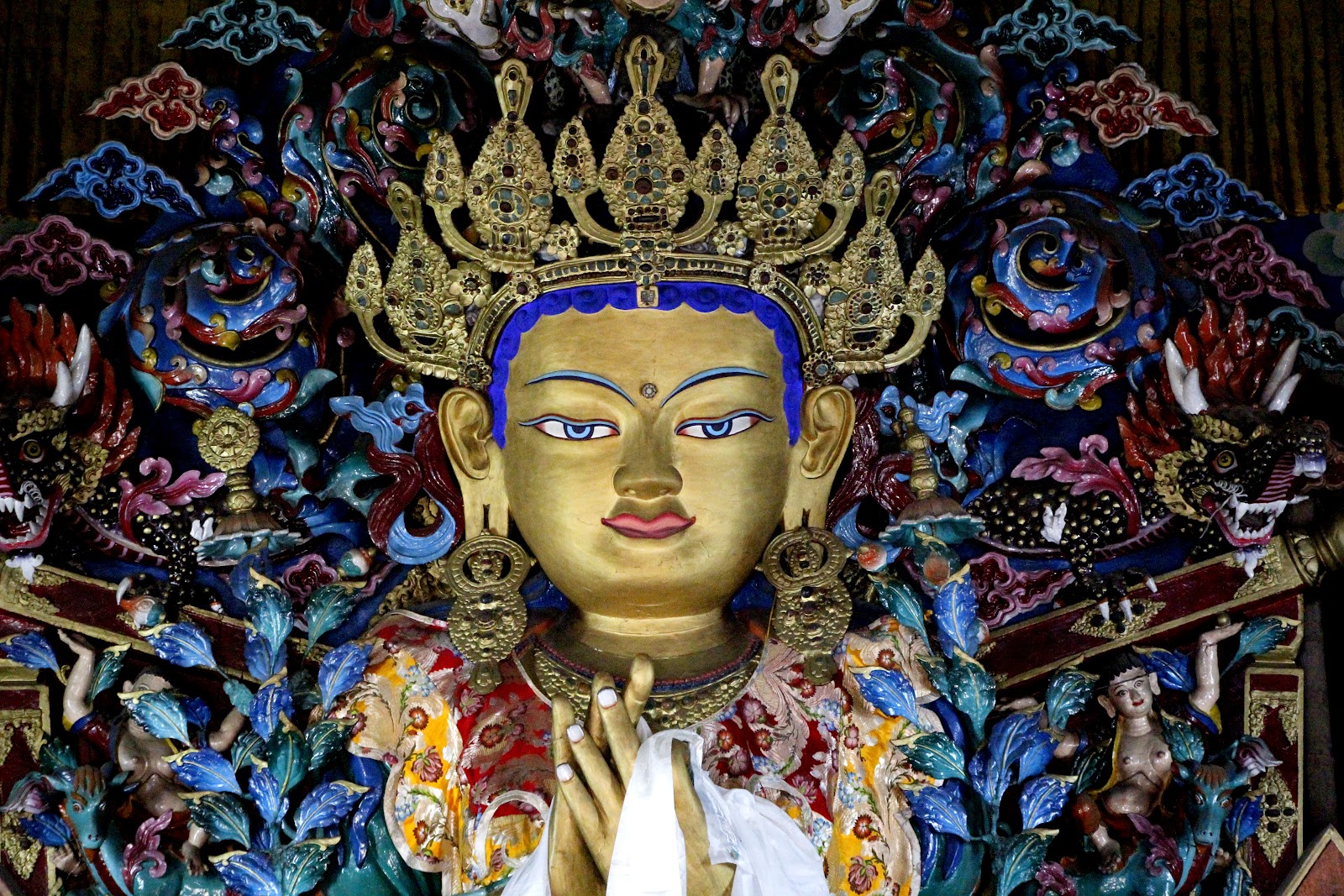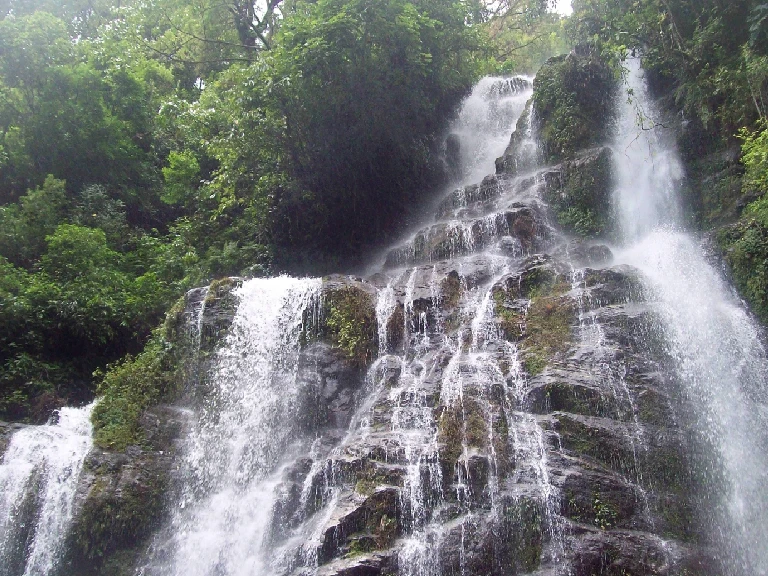Maitreya
I stare and wonder,
How we have chosen old for the
new,
While here you are, Enlightened
one,
Blessing just the handful few -
Those who care to come
To your doorstep here, at old Ghoom,
The rest of the wearied
travellers
Ignorant of your gilded room
Do I hear Him whisper
In the chants that come and fade
-
Are you worried who’ll enlighten
you
In the days that come ahead?
Look within - the cycle of time stands
true
Maitreya awaits from the past, already
inside you…
12th Feb’23
If you visit Darjeeling, you
will most likely visit the new Ghoom Monastery, not far from the Batasia
Loop. It figures on most tourist trails and features a brilliant statue of the
Buddha. However, a bit farther from the city centre, lies the old – and the
original – Ghoom monastery. It was built in 1850, making it one of the oldest
monasteries in Darjeeling, and was heavily influenced by Tibetan Buddhism, the
head lamas originally having arrived to Darjeeling from Tibet. And this one is
different, for unlike conventional monasteries, it houses a huge 15 ft statue
of the Maitreya Buddha – the Buddha of the future who has not yet arrived (very
much similar to Vishnu’s final avatar, Kalki who is yet to arrive). The statue is
reputed to be the largest in Darjeeling, and is spectacular, with its brilliant
crown, blue hair and eyes, and what is often referred to as a diamond as the
third eye. Legend has it that the statue was made of clay brought from Tibet.
Nonetheless, irrespective of
legends, Maitreya looks resplendent, and
different, while being flanked with statues of the Buddha, the thousand-armed
Avalokiteshwara and other deities of the pantheon.
Sadly, it is often neglected as
the newer monastery is easier to cover by most tour conductors and drivers. Not
only is it difficult to park your vehicle, you further need to walk for 15
minutes to get to the old monastery. But if you make the effort, the visit is very
fulfilling. Maitreya will arrive in the future, but here, he already awaits for
us from many centuries in the past, as if symbolising that it all rests with us
to realise the circularity of time…



Comments
Post a Comment